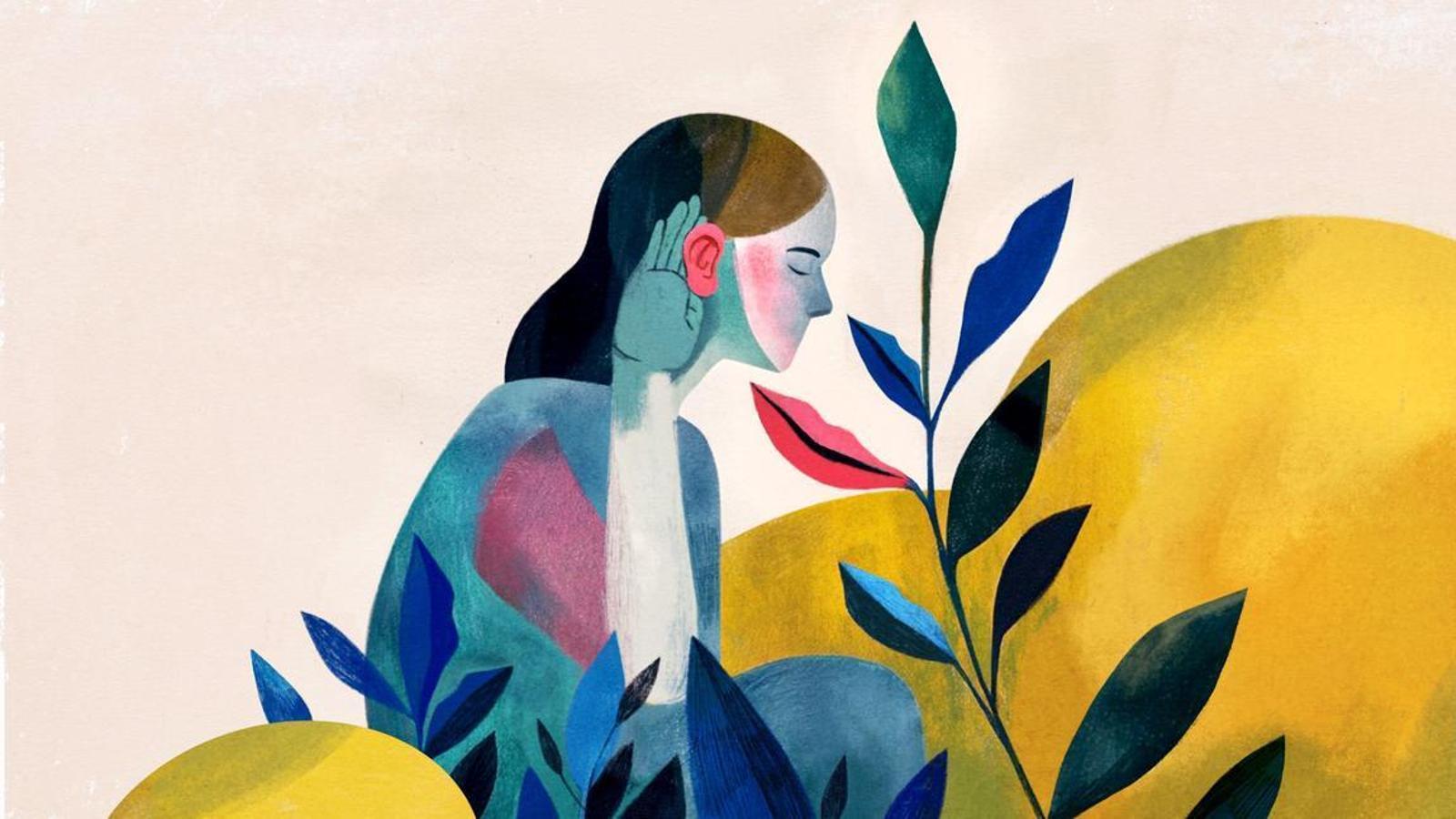"Science assures us that plants are capable of listening to us."
We spoke with Alessandra Viola, a science journalist who explores the intelligence of these living beings and their impact on our daily lives.

One day, many of us forgot what it was like to live outdoors, surrounded by forests and woodlands. Now we are far from the shades of green and the sounds of nature, a world we replaced with asphalt and neon lights, traffic jams and endlessly ticking clocks. And, along the way, we forgot all the teachings that nature offered us. Even what the plants taught us, who, as Zen masters, for centuries had helped us find the path to healing, both physical and spiritual.
Science journalist Alessandra Viola, author of the book, talks about all this. Ask a plant (Ariel, 2025), in which she explores the intelligence of these living beings and their impact on our daily lives, combining science, arts and literature.
"Science assures us that plants are capable of listening to us. plant talkers, people who speak, are convinced that they not only understand them, but that they behave accordingly," explains Viola. Now, how can we understand what they tell us? A couple of centuries ago, Victor Hugo had written that it was sad to think that "nature speaks and mankind does not listen."
This quotes Monica Gagliano, a professor at an Australian university, who says that when we learn to listen to plants without needing to hear them speak, a language that we had forgotten is revealed, and that, beyond words, transmits expressions rich in meaning and connects us, without intermediaries, making us feel all kinds of feelings and emotions. It is not surprising to humanize plants and trees to the point that situations like the one experienced in Melbourne in 2013 occur, the year in which a campaign was launched to monitor the health of the city's trees so that students could come up with solutions. problem in the branches. What the creators of the initiative did not expect is that they soon began receiving emails from anonymous people writing all kinds of personal letters to trees.
Observing green relaxes us, which is why it's common to find this color on the walls of hospitals or schools. But there's more: looking at plants has benefits for our health: it improves attention and reduces anxiety. It also speeds recovery from illnesses and accidents and even prevents them, as demonstrated by a study conducted on the population of an American prison. "They noticed that inmates who had views of the countryside from their cells went to the infirmary less than those who didn't," explains Viola.
Green takes us back to our animal nature, to our origins, when being surrounded by this color meant being in a place where there was no shortage of food or water, a refuge where we could survive. According to the author, proof of this is the success of so-called forest bathing, a Japanese technique that has become popular around the world. "Those who practice it see their blood pressure and levels of cortisol, the stress hormone, reduced. It also promotes concentration, creativity, and calms them," she asserts.
The problem is that we often don't have a forest or a garden at hand when we need it most, either due to lack of time or proximity. How can we obtain similar benefits in these cases? For Viola, it's much simpler than we think: through imagination. It's true that we will never be able to enjoy the sensations that come from experiencing several senses at once, such as sight, hearing, smell, and touch, but we can imagine them to get as close as possible to these perceptions. "There are studies carried out with MRIs that tell us that the areas of the brain that are activated when we experience something and when we imagine it are the same," says Viola.
In this way, the author recommends that even if we are queuing at the doctor's, stuck in traffic, or waiting for the subway, we can always return to what she considers our "inner garden." It is an imagined space that we have created ourselves with all the elements that most inspire us. It could be a lush forest, an orchard, or a romantic garden. Any space will do as long as it gives us peace, serenity, and refuge. And the best part is, we can always come back.
